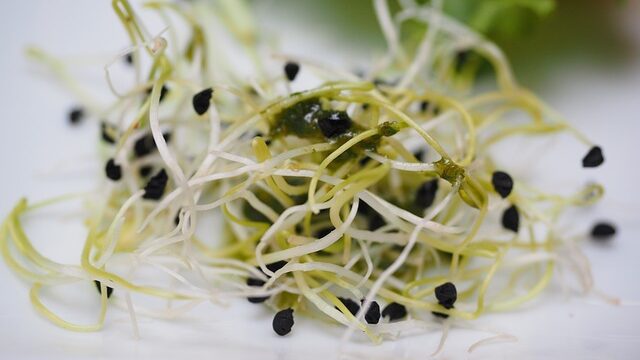This site contains affiliate links to products sold by selected self improvement partners. We may receive a commission for purchases made through these links.
I remind you that the information provided in this series is for information purposes only, and is not to be used or relied on for any diagnostic or treatment purposes. This information is not intended to be patient education, neither is it to be construed as such. It does not create any patient-physician relationship, and should not be used as a substitute for professional diagnosis and treatment where required. Consult a doctor for medical advice, treatment or diagnosis.
Also while every attempt is made to ensure accuracy, you are strongly advised to take responsibility and do your own research.
In the previous article, we looked at some scenarios where plant medicines may not work and when you may need to get help.
For the next 20 articles or so, we will do a kind of A-Z of plant medicine, featuring one plant per article.
Today, we begin with…
Alfalfa
This plant is an often overlooked perennial herb, yet has a long list of dietary and medicinal uses. For example, research has shown that Alfalfa might lower blood levels of cholesterol and glucose. It is considered by some a super herb.
Many take Alfalfa supplements orally and is proven safe except in a small percentage of people where it produces lupus-like symptoms. In the seeds and sprouts of Alfalfa, the amino acid L-canavanine is present and that is what is thought to cause this reaction. However, this is not present in the leaves of the Alfalfa.
Origins and historical usage
Since the sixth century the Chinese have used Alfalfa to relieve fluid retention and swelling. The Arabs were the first to find Alfalfa and they named it “the father of all foods.” The leaves of the Alfalfa plant are very rich in minerals and nutrients, including potassium, calcium, magnesium, and carotene.
The Arabs first fed it to their horses because they believed the Alfalfa made them swift and mighty. Alfalfa has been an animal crop for over a thousand years, however, it is also used as herbal medicine.
Alfalfa and cholesterol
Alfalfa is a good diuretic and also a good laxative. It also works well for urinary tract infections, as well as kidney, bladder and prostrate disorders. Recent research of Alfalfa’s health benefits include the potential for lowering “bad” cholesterol because there are certain agents in Alfalfa that stick to cholesterol which keeps it from remaining in the blood stream. Furthermore, it may also have a very strong relationship with lowering blood sugar levels.
Cooking and eating
When it comes to Alfalfa, it is something that many people enjoy in their cooking. It is good in salads and some people eat it as a vegetable by itself. It is high in fiber, vitamins, minerals, and has all of the required digestive enzymes (apparently).
Avid Alfalfa lovers warn that you might not like the way that it tastes in your mouth. It may feel like it is burning the tip of your tongue and you might just completely dislike it. However, they urge you to not give up since it is an acquired taste and you might begin to like it. The best news is that soon after eating it regularly you will find that your appetite for heavier foods will diminish.
Drinking it as a tea
Alfalfa is also great for reducing fevers and is very good for the blood. It contains natural fluoride and prevents tooth decay. Alfalfa makes a great tea because when the Alfalfa leaves steep in the hot water it is a source of nitrogen. The tea is not only made for human consumption because people who grow Irises and Delphiniums just love Alfalfa tea because of the great effect that it has on the plants when used as a foliar spray. For those with “green fingers”, Alfalfa is used as mulch for their flower beds.
In the next article, we are going to take a look at the herb Asafoetida and why it is called the food of the gods.
To a better, wiser, stronger YOU!
PS: It goes without saying, do ensure that the alfalfa you eat is organically sourced.
Sources:
Image by Hans from Pixabay
Alfalfa (Medicago sativa). Located at American Botanical Council (online), http://herbalgram.org/resources/herbalgram/issues/136/table-of-contents/hg136-herbprofile/ [Accessed April 25, 2023]
Alfalfa Benefits, Nutrition Facts & Side Effects. Located at healthline (online), https://www.healthline.com/nutrition/alfalfa [Accessed April 25, 2023]
Drugs and Lactation Database (LactMed®) [Internet]. Bethesda (MD): National Institute of Child Health and Human Development; 2006–. Alfalfa. 2021 Jun 21. PMID: 30000890.
This site contains affiliate links to products sold by selected self improvement partners. We may receive a commission for purchases made through these links.

